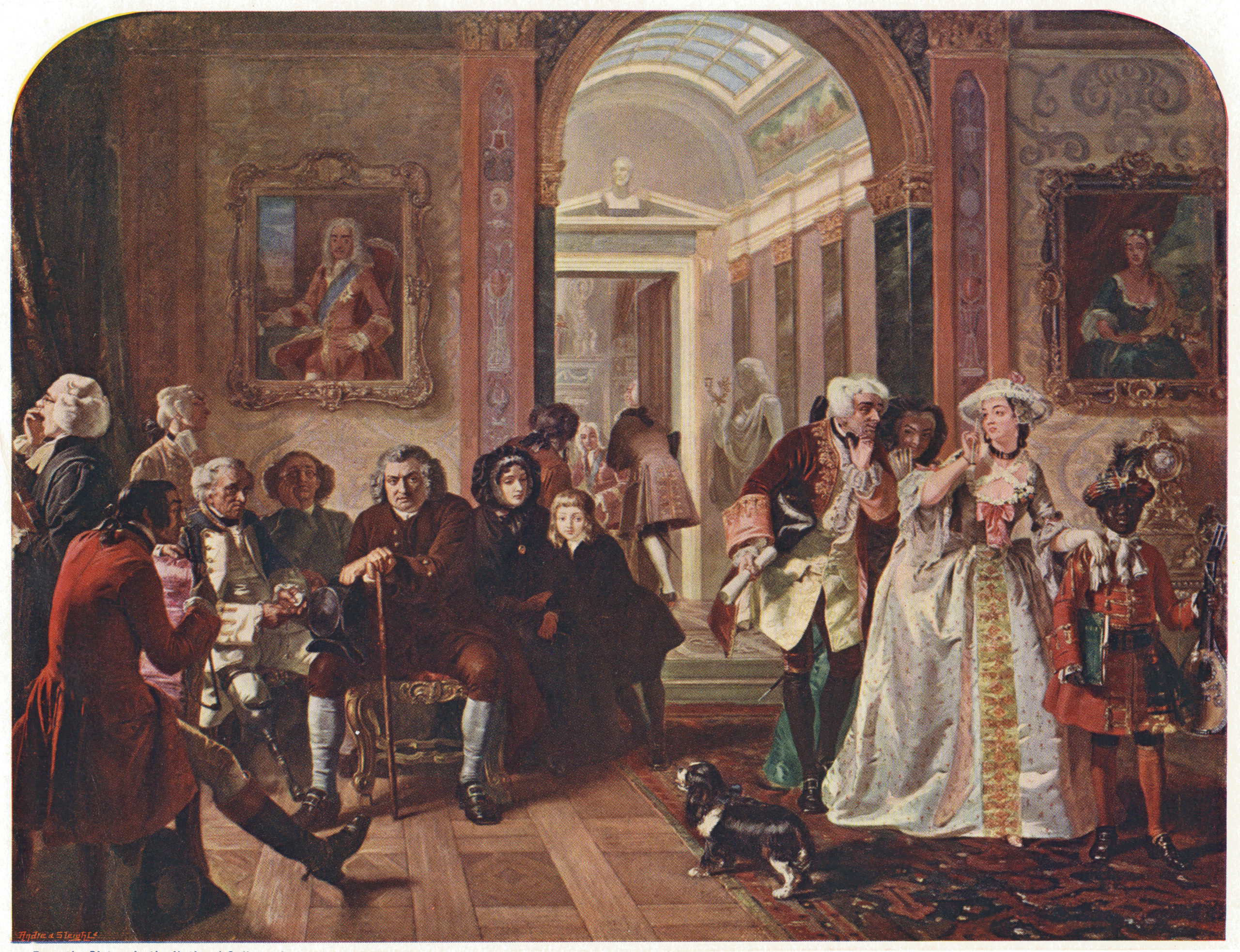
RECOMMENDED READING
In the 1990s, I was referred to as the “guru of the communitarian movement,” although quite a few others deserved this title at least as much. I have hence been paying special attention to the sudden rise of a communitarian faction in the Republican party, led by Senators Marco Rubio (R-Fla.), Tom Cotton (R-AR), and Mitt Romney (R-Utah), as well as Oren Cass and his organization, American Compass. The faction’s ideas—its rejection of the hyper-individualism of the libertarian ideology (which has captured much of the GOP), its concern for the common good, and its recognition that the government has a major positive role to play—are much-validated by the pandemic. Although not all the positions of the faction are aligned with communitarianism, there are many points of overlap. At the same time, claims that the motives of the faction are purely political, that it merely seeks a post-Trump populism, are misplaced. Politicians can spot trends and amplify them.
Recommended Reading
The Deliberalizing Imperative
The New Right, which stands for nothing if not resuscitating a long-moribund communitarian- and nationalism-inspired strand of conservative thought, is not per se “illiberal.”
The Conservative Case for Organized Labor
Eric Levitz interviews American Compass’s Oren Cass about his vision for a pro-worker conservatism.
Conservatism in the Crisis
THE ECONOMIST—With delightful British spelling, The Economist reports on American Compass: “an impressive organisation” of the “dissident faction … led by some of the most interesting conservative thinkers” that rejects “market fundamentalism.”











